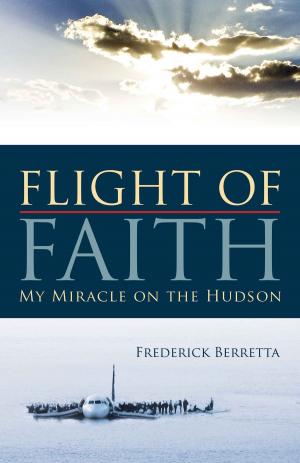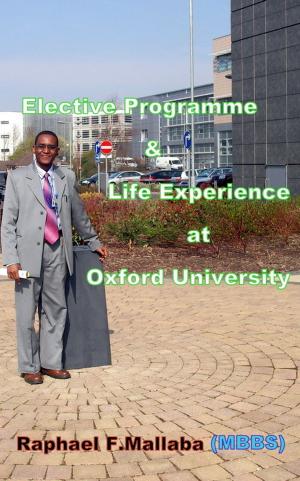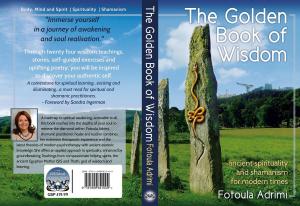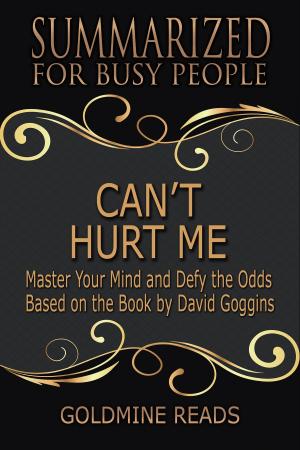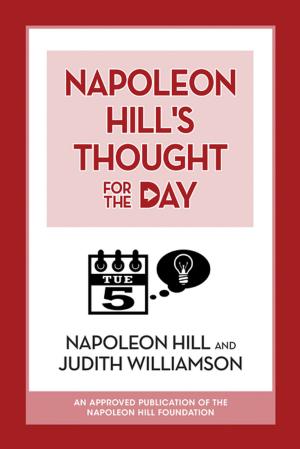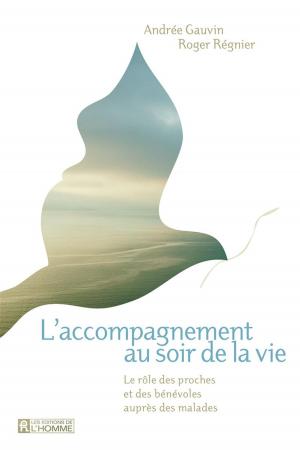The Canon of Grand Triad (Tai Xuan Jing): Oracular Values of Heaven, Earth and Man
Nonfiction, Health & Well Being, Self Help| Author: | Alexander Goldstein | ISBN: | 9781476364742 |
| Publisher: | Alexander Goldstein | Publication: | August 5, 2012 |
| Imprint: | Smashwords Edition | Language: | English |
| Author: | Alexander Goldstein |
| ISBN: | 9781476364742 |
| Publisher: | Alexander Goldstein |
| Publication: | August 5, 2012 |
| Imprint: | Smashwords Edition |
| Language: | English |
This is a new translation of the key work of Han-period China spread out in the "land between the four seas" in the period from 206 BCE to 220 CE, the epoch which has left its indelible footprint in the entire thousands years old history of the country traditionally named "tian-xia" (Under Heaven), present-day "zhong-guo" (Central Kingdom). The Han dynasty can fairly be considered as the cradle of Chinese philosophical thought when "one hundred schools," trends in arts, sciences and religions flourish in full to form the basis for the state ideology of imperial China for mostly two thousand years till the national revolution of 1911. For the most part, my translation of "Tai Xuan Jing" or "The Canon of Grand Triad" (hereinafter is referred to as “Triad”) into English is based on the earliest commentary of Master Fan Wang (4th century CE) and provides unique access to the source of Chinese oracular tradition due to the fact that its sole author, Yang Xiong (53 BCE-18 CE), was a devoted researcher of antique scripts and divinatory scriptures of the Shang and Zhou dynasties (18-5th centuries BCE) who drew upon a variety of pre-Han original sources.
Since the main purpose of this book is to disclose the contents of Yang Xiong’s masterwork from the point of practical forecasting and divining outcome interpretation as in the course of self-discovery and sagehood cultivation, this is not the place to analyze in details the historical and philosophical background of the Triad's writing. To this effect, it is not matter whether Yang Xiong restated the Confucian doctrine that had addressed the crucial objections posed by many other rival schools or not. Instead, we will try to reconstruct the original structure and multivalent meanings of the oracular text in relation to the other three oracles, among which the "Book of Circular Changes" (Zhou Yi), also known as "Yi Jing," has come down to nowadays in various interpretations. It occurs to me that one primary flaw lies at the root of every translation that has been published hitherto is that each one seems to be based solely on commentaries furnished by members of the posterior Confucian School. Here, I think, an injustice has been done to Yang Xiong and his imitation of the "Zhou Yi," which is a great deal that stands too far from merely an identical imitation. To a Confucian scholar the Daoist system, in every sense of the word, is a source of the universe, as the Daoist element enters largely into all, and a commentator or interpreter who holds this belief is certainly the best expositor. (All those who need to see the Dao-Deist material with more granularities, I would refer to my book entitled "Decoding of the "Lao-zi" (Dao-De Jing): Numerological Resonance of the Canon's Structure.") As a matter of fact, the Triad represents a divinatory guidebook rather than a scholarly treatise, which suggests a multilevel communion with subtle constituents of the past and future unfolding in the twenty-four seasons and nine milestones of a yearly cycle by virtue of casting-out thirty-six sacred yarrow stalks. The Triad is also one of the epoch-making masterpieces of intellectual poetry, the imagery of which is unrivalled in its multifaceted meanings of the Chinese archaic script, the beauty and complexity of which the translator of the following pages has tried to draw hereby to the devoted reader’s attention. To facilitate the Triad's study, supplementary comments are added to some fragments where it seems to be necessary to reveal the oracular text in the light of practical wisdom of the ancients, the usage of which has never dried out.
This is a new translation of the key work of Han-period China spread out in the "land between the four seas" in the period from 206 BCE to 220 CE, the epoch which has left its indelible footprint in the entire thousands years old history of the country traditionally named "tian-xia" (Under Heaven), present-day "zhong-guo" (Central Kingdom). The Han dynasty can fairly be considered as the cradle of Chinese philosophical thought when "one hundred schools," trends in arts, sciences and religions flourish in full to form the basis for the state ideology of imperial China for mostly two thousand years till the national revolution of 1911. For the most part, my translation of "Tai Xuan Jing" or "The Canon of Grand Triad" (hereinafter is referred to as “Triad”) into English is based on the earliest commentary of Master Fan Wang (4th century CE) and provides unique access to the source of Chinese oracular tradition due to the fact that its sole author, Yang Xiong (53 BCE-18 CE), was a devoted researcher of antique scripts and divinatory scriptures of the Shang and Zhou dynasties (18-5th centuries BCE) who drew upon a variety of pre-Han original sources.
Since the main purpose of this book is to disclose the contents of Yang Xiong’s masterwork from the point of practical forecasting and divining outcome interpretation as in the course of self-discovery and sagehood cultivation, this is not the place to analyze in details the historical and philosophical background of the Triad's writing. To this effect, it is not matter whether Yang Xiong restated the Confucian doctrine that had addressed the crucial objections posed by many other rival schools or not. Instead, we will try to reconstruct the original structure and multivalent meanings of the oracular text in relation to the other three oracles, among which the "Book of Circular Changes" (Zhou Yi), also known as "Yi Jing," has come down to nowadays in various interpretations. It occurs to me that one primary flaw lies at the root of every translation that has been published hitherto is that each one seems to be based solely on commentaries furnished by members of the posterior Confucian School. Here, I think, an injustice has been done to Yang Xiong and his imitation of the "Zhou Yi," which is a great deal that stands too far from merely an identical imitation. To a Confucian scholar the Daoist system, in every sense of the word, is a source of the universe, as the Daoist element enters largely into all, and a commentator or interpreter who holds this belief is certainly the best expositor. (All those who need to see the Dao-Deist material with more granularities, I would refer to my book entitled "Decoding of the "Lao-zi" (Dao-De Jing): Numerological Resonance of the Canon's Structure.") As a matter of fact, the Triad represents a divinatory guidebook rather than a scholarly treatise, which suggests a multilevel communion with subtle constituents of the past and future unfolding in the twenty-four seasons and nine milestones of a yearly cycle by virtue of casting-out thirty-six sacred yarrow stalks. The Triad is also one of the epoch-making masterpieces of intellectual poetry, the imagery of which is unrivalled in its multifaceted meanings of the Chinese archaic script, the beauty and complexity of which the translator of the following pages has tried to draw hereby to the devoted reader’s attention. To facilitate the Triad's study, supplementary comments are added to some fragments where it seems to be necessary to reveal the oracular text in the light of practical wisdom of the ancients, the usage of which has never dried out.

